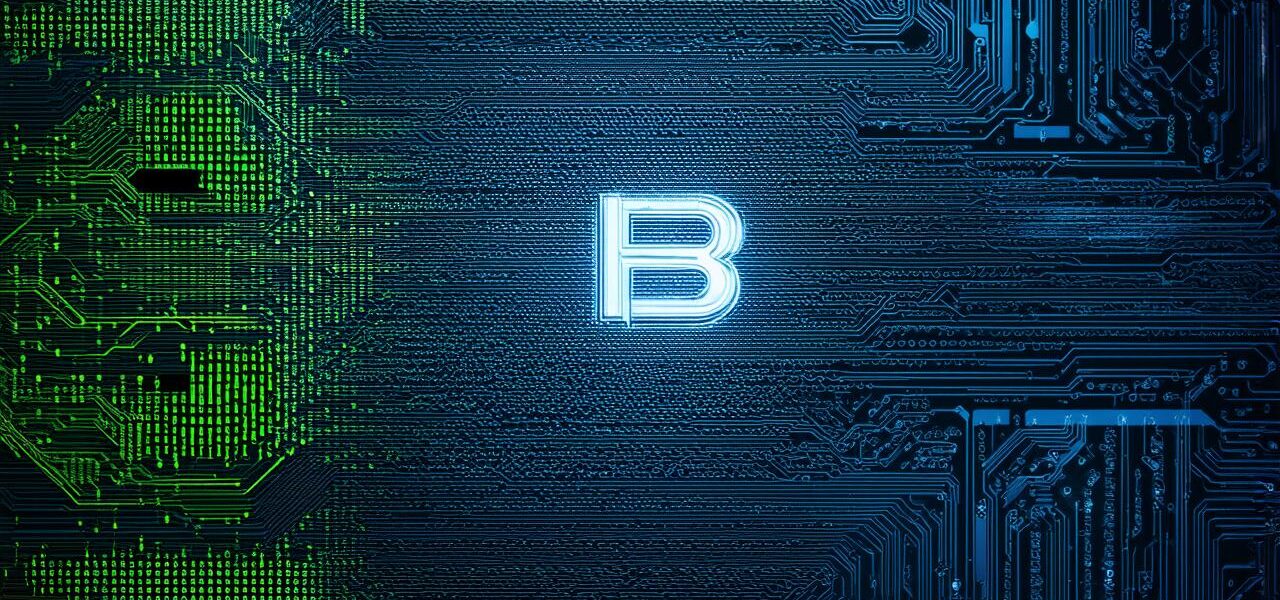
**Top Programming Languages for Blockchain Development: An Overview**
Blockchain technology is revolutionizing the way we think about data management, security, and transparency. With its decentralized architecture and immutable ledger system, blockchain offers a unique opportunity to build secure and transparent systems that can handle a wide range of use cases.
Java: The King of Enterprise Blockchain Development
When it comes to enterprise blockchain development, Java is undoubtedly one of the most popular choices. With its strong object-oriented paradigm and wide range of libraries and frameworks, Java offers a high level of flexibility and scalability, making it ideal for building complex blockchain-based applications.
Some of the key features of Java that make it an excellent choice for blockchain development include:
- Dynamic typing: Java is a dynamically typed language, which means that variables can be assigned values at runtime, making it easier to build flexible and adaptable systems.
- Strong type system: Java’s strong type system ensures that variables are always of the correct data type, reducing the risk of errors and improving code maintainability.
- Garbage collection: Java’s garbage collection feature automatically frees up memory and helps prevent memory leaks, making it easier to build scalable applications.
However, Java can be more verbose than some other programming languages, which may make it difficult for developers who are not familiar with the language to understand the codebase. Additionally, Java’s focus on enterprise applications may make it less suitable for small-scale blockchain projects.
JavaScript: A Powerful Language for Web-based Blockchain Development

In addition to its use in web development, JavaScript is also a popular choice for building blockchain applications, particularly those that require interactivity and user interfaces.
With its extensive library of frameworks and tools, such as React, Angular, and Vue.js, JavaScript offers a high level of flexibility and scalability, making it ideal for building complex web-based applications.
Some of the key features of JavaScript that make it an excellent choice for blockchain development include:
- Dynamic typing: Like Java, JavaScript is a dynamically typed language, which means that variables can be assigned values at runtime, making it easier to build flexible and adaptable systems.
- Asynchronous programming: JavaScript’s support for asynchronous programming makes it easy to build applications that can handle multiple tasks simultaneously, improving performance and responsiveness.
- Large community: JavaScript has a large and active developer community, which means that there are many resources available for learning the language and building blockchain-based applications.
However, JavaScript’s focus on web development may make it less suitable for building standalone blockchain applications. Additionally, JavaScript’s dynamic typing can lead to errors if not used carefully, making it important to have strong coding practices in place.
Solidity: The Native Language of Ethereum Blockchain Development
If you are building an application on the Ethereum blockchain, Solidity is the native language that you will need to learn.
With its focus on smart contract development and its ability to interact with the Ethereum blockchain directly, Solidity offers a unique opportunity to build decentralized applications that can be executed automatically without the need for intermediaries.
Some of the key features of Solidity that make it an excellent choice for blockchain development include:
- Decentralization: Solidity runs on the Ethereum blockchain, which means that it is decentralized and not subject to any single point of failure, making it a secure and reliable option for building blockchain applications.
- Smart contract development: Solidity’s focus on smart contract development allows you to build self-executing contracts that can be used to automate complex business processes and handle transactions on the Ethereum network.
- Easy integration: With the Ethereum Virtual Machine (EVM) and its ability to run Solidity smart contracts, building applications on the Ethereum blockchain is easy and straightforward, even for developers who are new to blockchain development.
However, Solidity’s focus on smart contract development may make it less suitable for building web-based applications that do not require complex business logic. Additionally, Solidity’s syntax can be difficult to learn, especially for developers who are used to other programming languages.
Python: A General-Purpose Language for Blockchain Development
Python is a popular general-purpose programming language that has been gaining popularity in the blockchain community due to its simplicity and flexibility.
With its extensive library of frameworks and tools, such as Pyethereum and Web3.py, Python offers a high level of flexibility and scalability, making it ideal for building a wide range of blockchain applications.
Some of the key features of Python that make it an excellent choice for blockchain development include:
- Easy to learn: Python’s simple syntax and readability make it easy to learn, even for developers who are new to programming.
- Flexibility: Python is a general-purpose language, which means that it can be used for a wide range of applications, including blockchain development.
- Large community: Python has a large and active developer community, which means that there are many resources available for learning the language and building blockchain applications.
However, Python’s focus on general-purpose programming may make it less suitable for building enterprise-level blockchain applications that require specialized knowledge and expertise. Additionally, Python’s dynamic typing can lead to errors if not used carefully, making it important to have strong coding practices in place.
Conclusion
In conclusion, choosing the right programming language for your blockchain application is critical to its success. Each language has its strengths and weaknesses, and the best choice will depend on your specific requirements and use case. If you are building enterprise-level applications or need to interact with the Ethereum blockchain directly, Java or Solidity may be the best options. For web-based applications that require interactivity and user interfaces, JavaScript is an excellent choice. Finally, for general-purpose programming and building a wide range of blockchain applications, Python is a versatile and popular option.
FAQs
Q: What are the benefits of using Java for blockchain development?
A: Java’s strong object-oriented paradigm, wide range of libraries and frameworks, dynamic typing, and garbage collection make it ideal for building complex blockchain-based applications.
Q: Is JavaScript suitable for building standalone blockchain applications?
A: While JavaScript is a popular choice for web-based blockchain development, it may not be the best option for building standalone blockchain applications.
Q: What are the benefits of using Solidity for Ethereum blockchain development?
A: Solidity’s focus on smart contract development and its ability to interact with the Ethereum blockchain directly make it a secure and reliable option for building decentralized applications.
Q: What is the best choice for general-purpose programming and building a wide range of blockchain applications?
A: Python’s simplicity, flexibility, and large community make it an excellent choice for general-purpose programming and building a wide range of blockchain applications.



